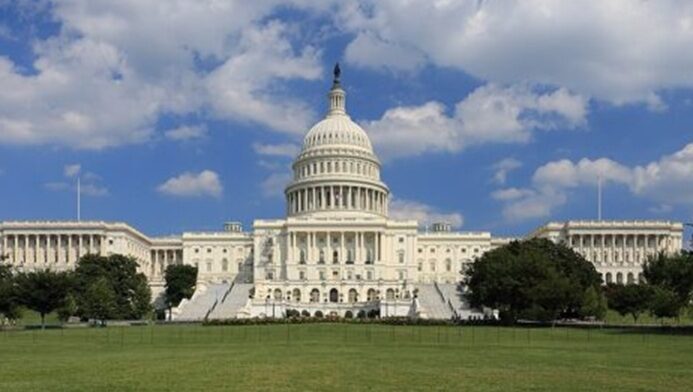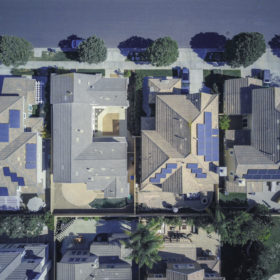Albemarle Corporation, a global specialty chemicals company specializing in lithium, bromine and catalysts, has been awarded a nearly $150 million grant from the U.S. Department of Energy (DOE) as part of the first set of projects funded by the Bipartisan Infrastructure Law. The grant is intended to help finance construction of a new, commercial-scale U.S.-based lithium concentrator facility at Albemarle’s facility at Kings Mountain, North Carolina.
The Bipartisan Infrastructure Law is a landmark investment in roads, internet, bridges, water systems, transportation — including electric vehicles and the advanced batteries to power those vehicles. Last year the Biden Administration set a goal of 50% of all new cars and trucks sold by 2030 to be electric vehicles. To meet this goal, and to ensure that materials are sourced domestically, a total of $2.8 billion in grants has been awarded to 20 companies in 12 states for the creation of domestically sourced battery-grade materials including lithium, graphite and nickel. Domestic sourcing is critical because 75% of battery manufacturing is done in China, and China controls nearly half the production of critical materials. “By undercutting U.S. manufacturers with their unfair subsidies and trade practices, China seized a significant portion of the market,” President Biden said recently in an address announcing award recipients. “Today we’re stepping up to take it back with bold goals to make sure we’re back in the game in a big way.”
Albemarle’s plans include the development of both the lithium concentrator and the mega-flex conversion facility, the proposed reopening of the Kings Mountain mine, and an active expansion of the Silver Peak facility. Construction of the new Albemarle concentrator facility is expected to create hundreds of construction and full-time jobs. When complete it will supply up to 350,000 metric tons per year of spodumene concentrate to the company’s previously announced mega-flex lithium conversion facility. The site of the mega-flex conversion facility has yet to be finalized, but, it is being designed to accommodate multiple feedstocks, including spodumene from the proposed reopening of the company’s hard rock mine in Kings Mountain; its existing lithium brine resources in Silver Peak, Nevada, and other global resources; as well as potential recycled lithium materials from existing batteries. Once complete, is expected to eventually produce up to 100,000 metric tons of battery-grade lithium per year to support domestic manufacturing of up to 1.6 million EVs per year.
In addition to supporting the development of the concentrator, Albemarle will use a portion of the grant to support a $5 million mineral processing operator training program at Cleveland Community College, a $1.5 million minerals lab research program at Virginia Tech, and a $1.5 million minerals pilot plant and engineering training program at North Carolina State University’s Asheville Minerals Research Lab.
Albemarle CEO Kent Masters participated in the virtual White House event as part of the DOE award recipient announcement, reiterating Albemarle’s commitment to invest in the U.S. to source and process the critical materials used to make lithium-ion batteries.
“Albemarle is proud to partner with the federal government to bring manufacturing jobs to the southeastern United States, strengthening the domestic supply chain for the growing electric vehicle market. Receiving the DOE grant affirms Albemarle’s position as a global market leader and one of the only lithium companies currently producing battery-grade lithium from U.S. resources,” said Masters. “Expanding our U.S. footprint also increases the speed of lithium processing and reduces greenhouse gas emissions from long-distance transportation of raw minerals. We hope this project spurs additional investment by others in the domestic EV battery supply chain, such as cathode manufacturers, battery makers, and auto manufacturers.”
This content is protected by copyright and may not be reused. If you want to cooperate with us and would like to reuse some of our content, please contact: editors@pv-magazine.com.









By submitting this form you agree to pv magazine using your data for the purposes of publishing your comment.
Your personal data will only be disclosed or otherwise transmitted to third parties for the purposes of spam filtering or if this is necessary for technical maintenance of the website. Any other transfer to third parties will not take place unless this is justified on the basis of applicable data protection regulations or if pv magazine is legally obliged to do so.
You may revoke this consent at any time with effect for the future, in which case your personal data will be deleted immediately. Otherwise, your data will be deleted if pv magazine has processed your request or the purpose of data storage is fulfilled.
Further information on data privacy can be found in our Data Protection Policy.